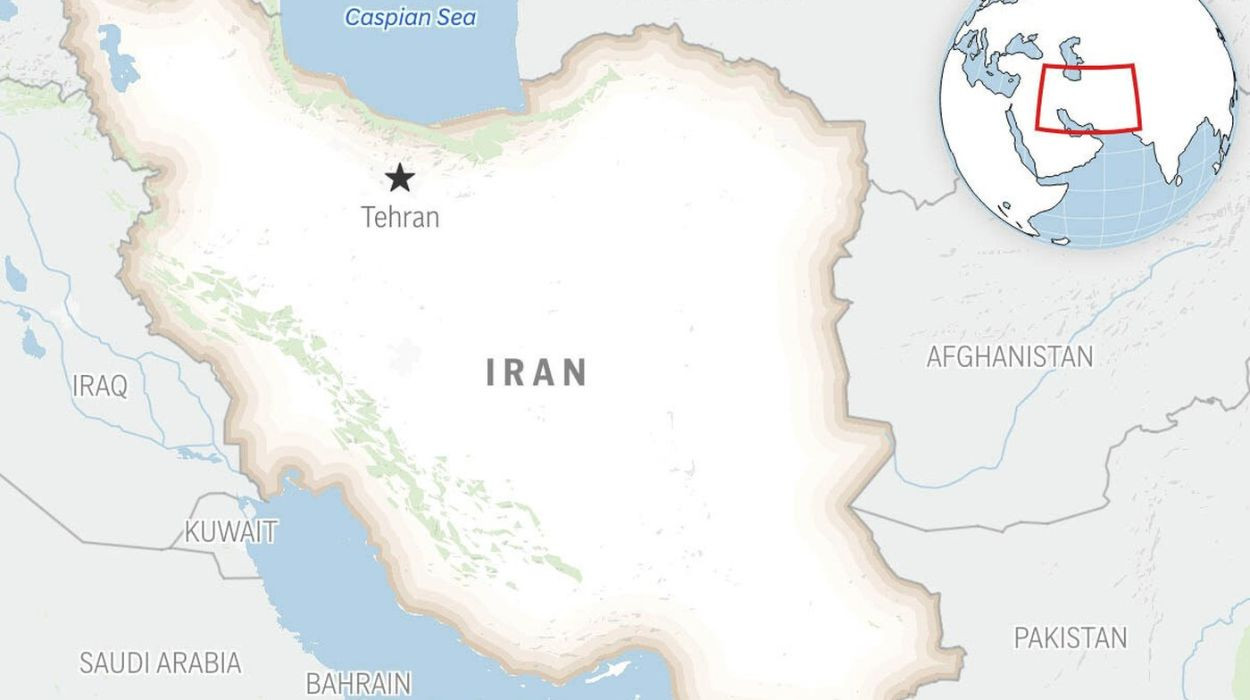The recent execution of six death-row inmates accused of carrying out attacks on behalf of Israel marks a significant moment amid the escalating covert and overt clashes between Tehran and Jerusalem. These executions are part of a broader intensification in Iran’s internal crackdown on alleged espionage and sabotage activities linked to Israeli intelligence operations, especially Mossad. Following the hanging of Bahman Choobiasl, described by Iranian judiciary officials as “one of the most significant spies for Israel in Iran,” the judiciary reiterated its commitment to rooting out networks it deems threats to national security.
Choobiasl was accused of involvement in critical telecommunications projects and accused of providing Mossad access to sensitive government data centers and information about the import routes of electronic devices. This case underscored Tehran’s sensitivity to breaches within its digital infrastructure amidst rising tensions.
Patterns of Executions and Allegations
Since June 2025, Iran has executed about ten individuals convicted of espionage for Israel amid a backdrop of Israeli airstrikes targeting Iranian military and nuclear sites. These executions have accelerated in frequency, coinciding with renewed United Nations sanctions against Iran’s nuclear program and mounting military pressure from Israel and its allies.
Human rights groups highlight that Iran has carried out over 1,000 executions in 2025 alone, placing it second only to China in terms of execution numbers globally. A significant number of these executions are politically motivated, targeting spies, dissidents, and activists who oppose the regime. The executions of alleged spies for Israel draw particular attention due to their direct connection with the regional conflict and the shadow war between Tehran and Jerusalem.
Judicial Narratives and National Security Claims
State media and judicial authorities in Iran maintain a consistent narrative framing these executions as indispensable to protecting national security. According to Iran’s judicial news agency Mizan on Choobiasl’s case,
“The main goal of Mossad in attracting the defendant’s cooperation was to obtain the database of governmental institutions and create a breach in Iranian data centres.”
These statements emphasize Tehran’s portrayal of espionage as a dire threat warranting harsh penalties.
The Supreme Court of Iran upheld Choobiasl’s death sentence, citing charges of “corruption on earth,” a term broadly applied in Iranian jurisprudence for serious crimes against the state. The judicial approach to espionage cases, however, faces international criticism for lack of transparency, restricted legal processes, and allegations of coerced confessions.
Israeli Military Actions and Tehran’s Response
On the Israeli side, the Israeli Defense Forces (IDF) recently acknowledged a military campaign that targeted Iranian military commanders, nuclear scientists, enrichment facilities, and missile sites, aiming to derail Tehran’s nuclear ambitions. The strikes reportedly resulted in approximately 1,100 deaths, including both combatants and civilians, triggering widespread condemnation and further escalation.
Iran’s executions of alleged Israeli spies can be viewed as both punitive and deterrent measures within this tit-for-tat dynamic. These acts also bolster Iran’s narrative domestically of confronting existential threats posed by Israeli intelligence and military aggression.
Human Rights Concerns and International Reactions
International human rights organizations such as Amnesty International and Oslo-based advocacy groups have expressed serious concerns over the surge in executions by Iran, particularly highlighting cases with political overtones and insufficient judicial guarantees. The prevalence of death sentences linked to alleged espionage often obscures due process and raises questions about the fairness of trials and the reliability of confessions, some of which are reportedly obtained under duress or torture.
The global human rights community continues to press for transparency, fair trials, and an end to politically motivated executions, emphasizing the need for accountability irrespective of geopolitical considerations.
Broader Regional Implications
This spate of executions occurs against the backdrop of heightened regional tensions following Israel’s offensive against Iranian nuclear and military infrastructure, and Iran’s retaliatory missile and drone attacks targeting Israeli sites and interests. The widening conflict exacerbates instability in the Middle East, raising fears of broader escalation.
Internally, Iran confronts not only external security threats but also domestic challenges, including widespread protests driven by economic hardship, demands for women’s rights, and calls for greater political freedoms. The regime’s focus on prosecuting alleged spies serves both to reinforce control and to project resilience amid mounting pressures.
Legal, Political, and Human Costs
Iran’s execution of six inmates accused of spying for Israel spotlights the intensifying conflict between the two nations and the heavy toll on human rights within Iran. While Tehran justifies these executions as vital to safeguarding national security, international observers condemn the lack of due process and the political nature of many convictions. The ongoing cycle of covert operations, military strikes, and punitive executions deepens regional instability and human suffering.
Meaningful solutions require a multidimensional approach, including diplomatic engagement, rigorous adherence to international human rights standards, and transparent accountability for all parties involved. Without such efforts, the tragic human cost of this conflict is likely to escalate further.
